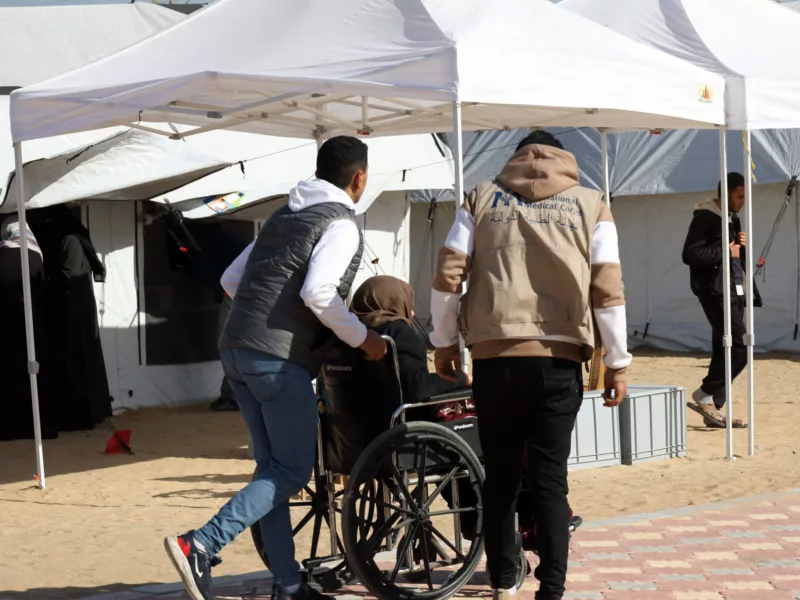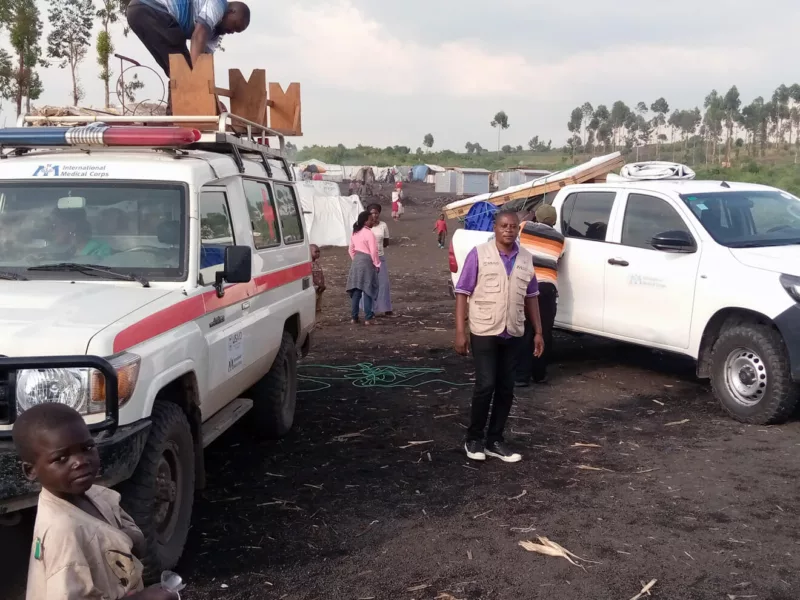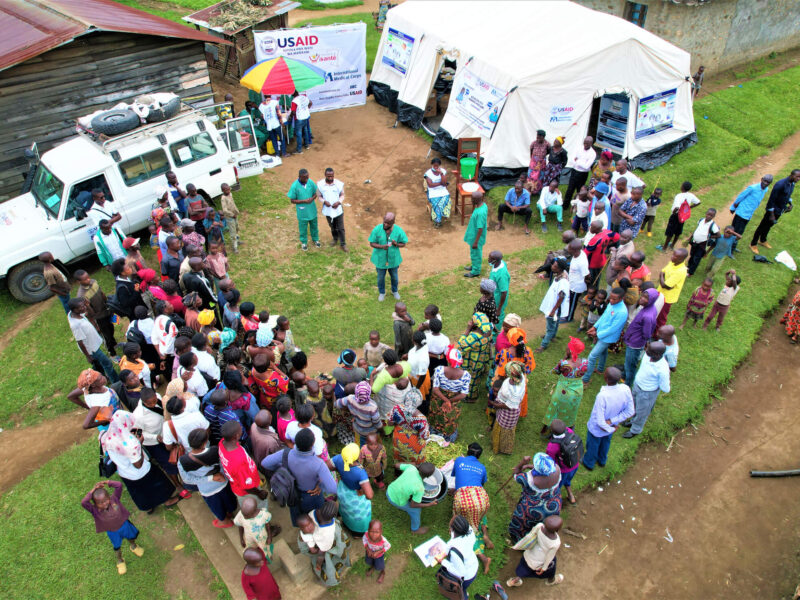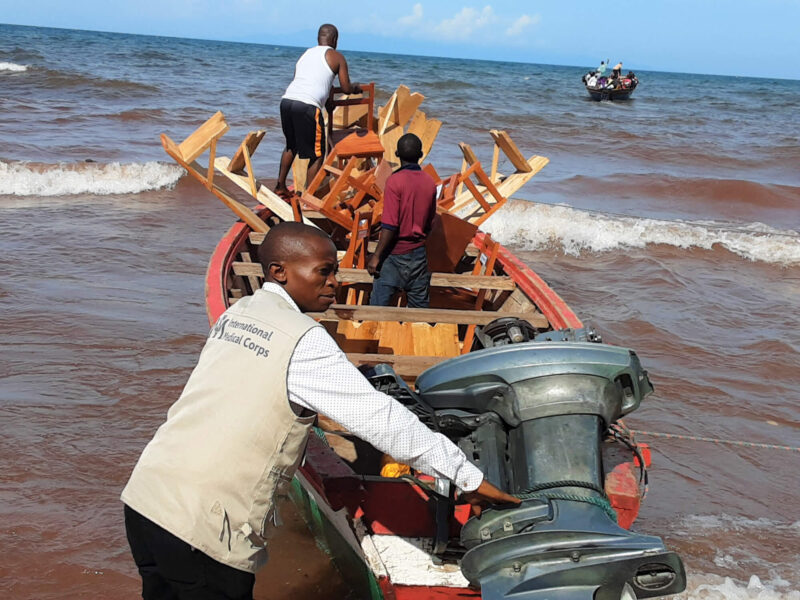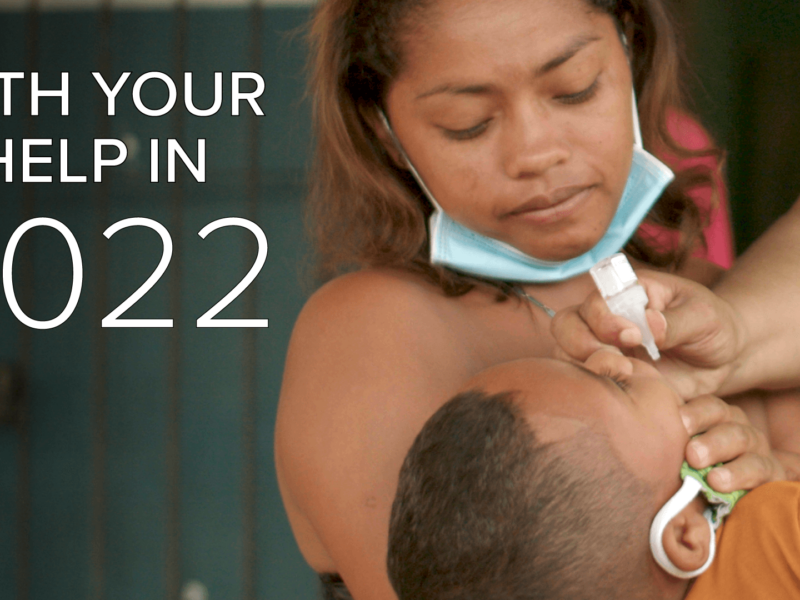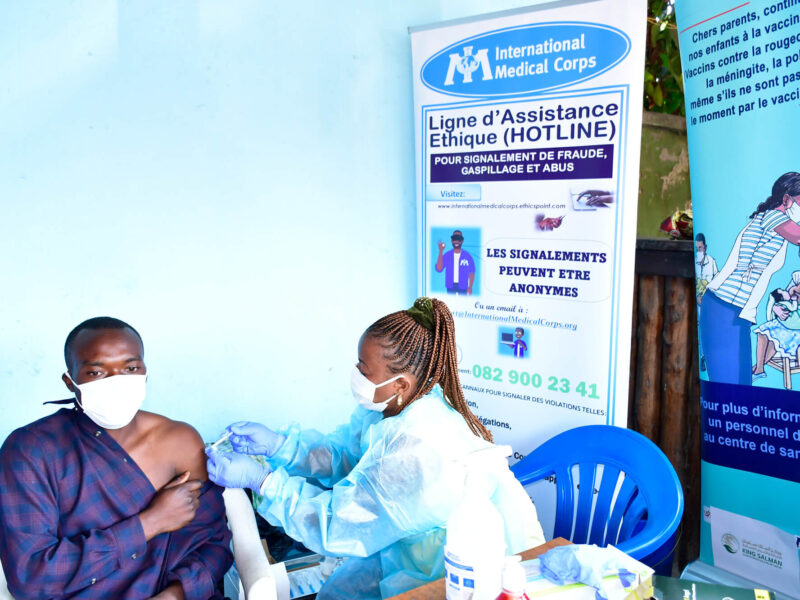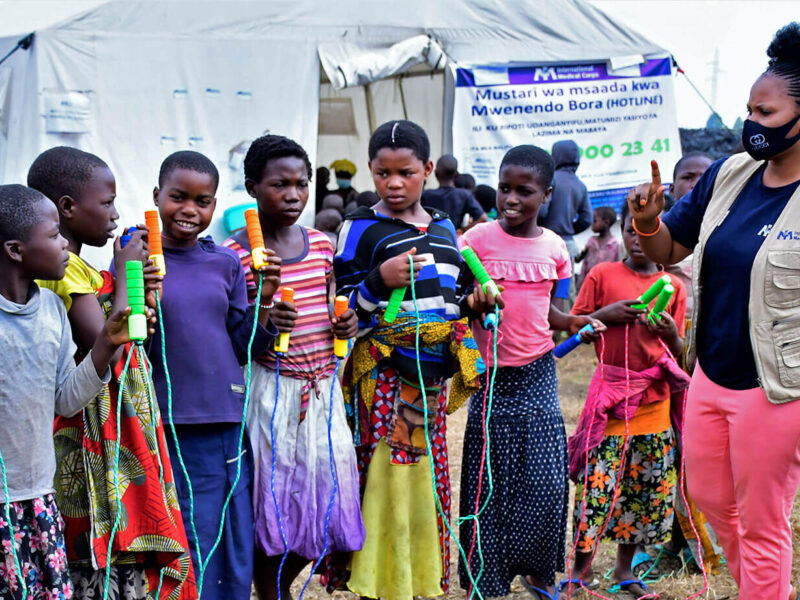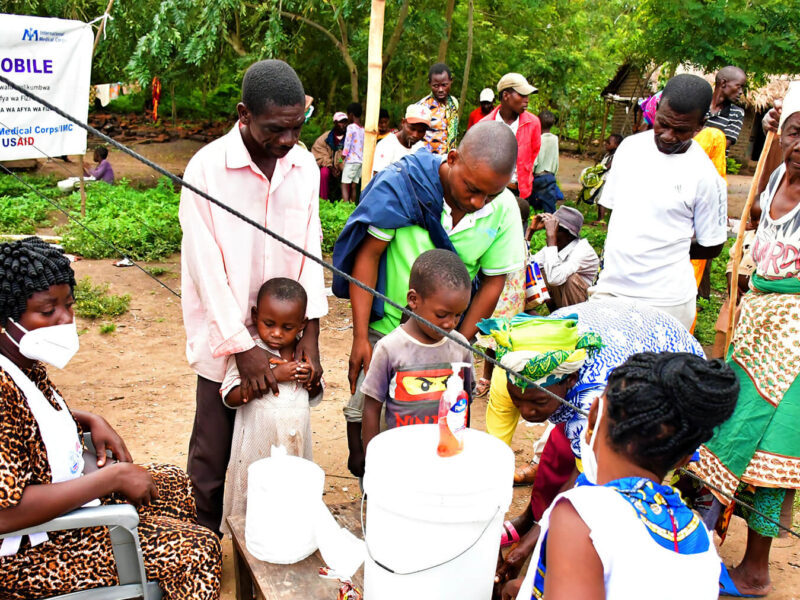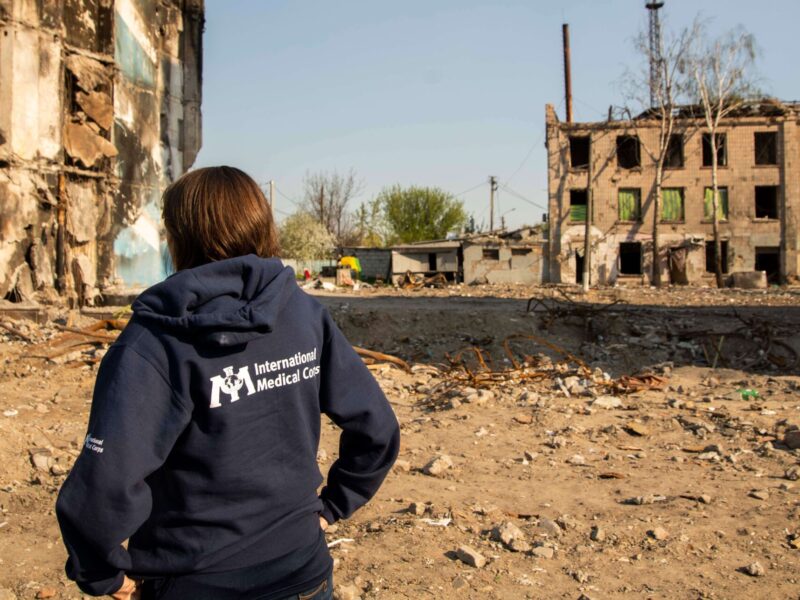More Than Medicine: How We Care for Displaced People in the DRC
When violence and instability displace people in the eastern Democratic Republic of Congo (DRC), our teams respond with medical care. In Minova, a town in the Kalehe Territory, the population has surged as people from neighboring areas seek shelter from the fighting. These internally displaced persons (IDPs) come to our mobile medical units (MMUs) to …

